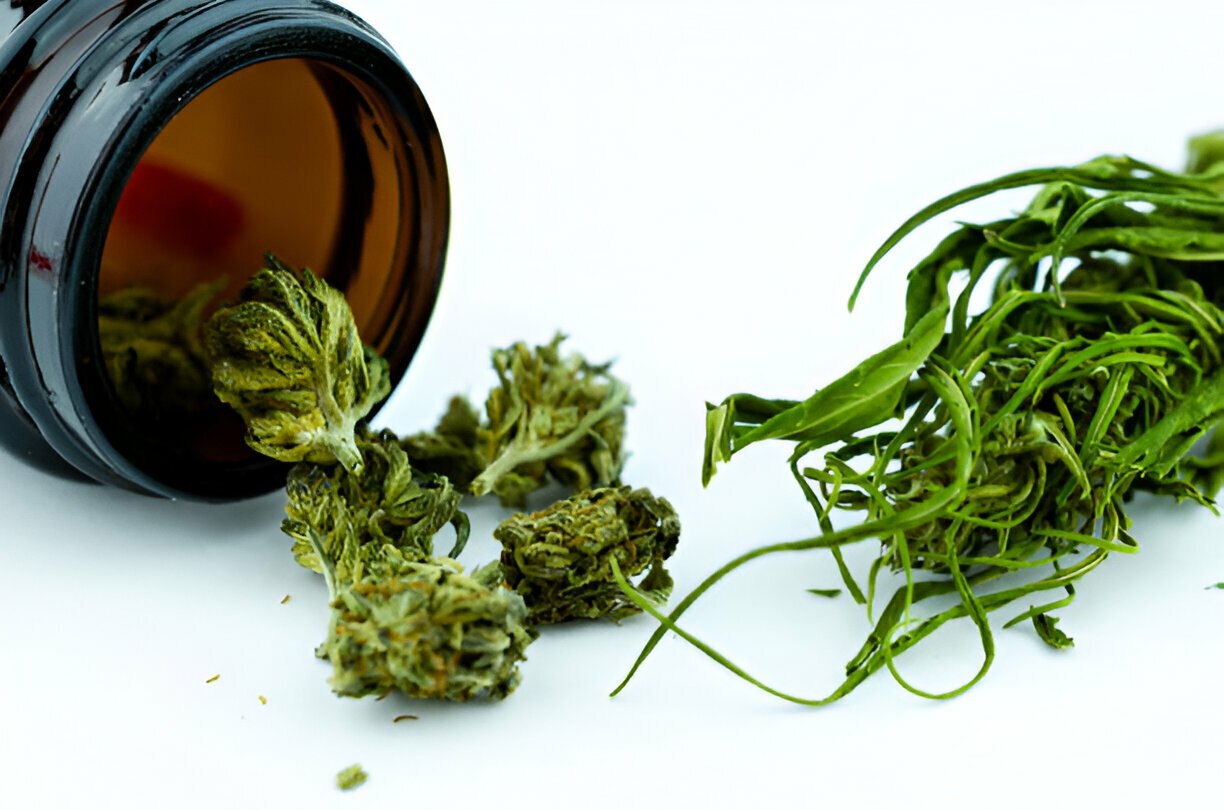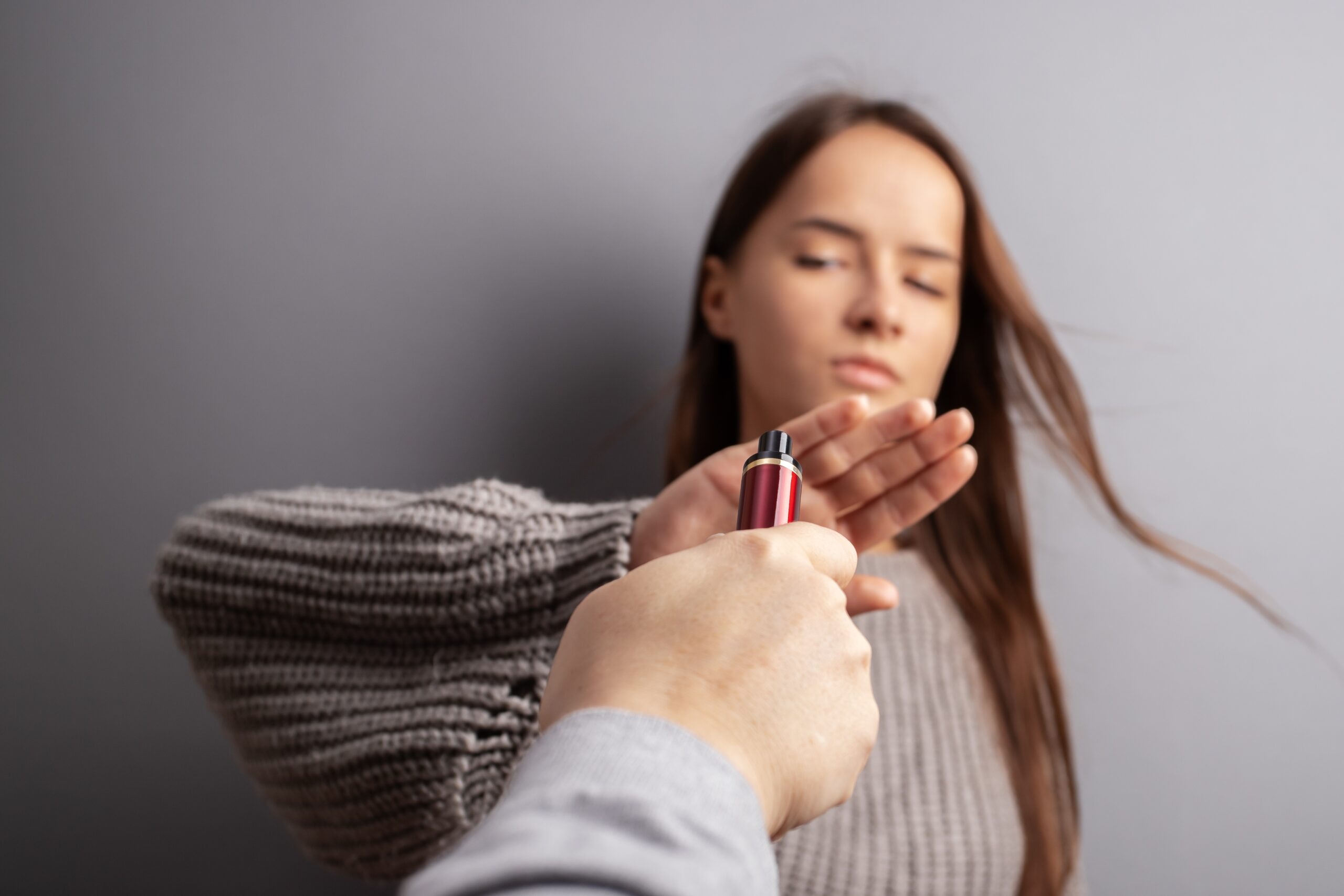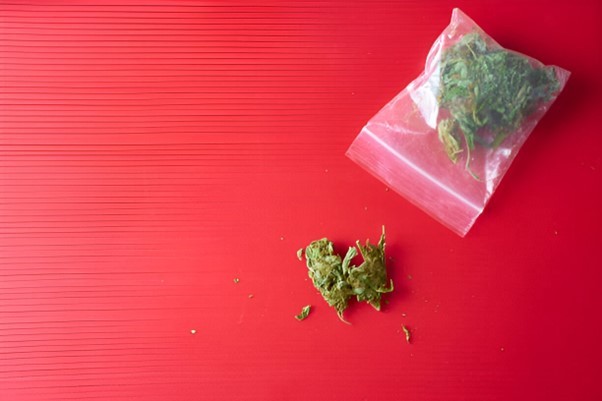Understanding Weed | Can You Overdose On Weed ?

In recent years, the use of marijuana has surged, driven by its legalisation in various regions and its growing acceptance for both recreational and medicinal purposes. As more people explore the benefits and pleasures of marijuana, there remains a significant concern: the potential for overdose. While marijuana is often perceived as a safer alternative to other substances, understanding the risks associated with its excessive use is crucial.
Marijuana overdose, unlike overdoses associated with drugs such as opioids, is not typically fatal. However, it can lead to severe discomfort, distress, and in some cases, serious health complications. This blog post aims to provide a comprehensive overview of marijuana overdose, shedding light on what it is, how it can happen, and what can be done to prevent and manage it.
Section 1: Effects of Marijuana
The effects of marijuana can vary widely depending on the dose, the method of consumption, the user’s experience, and their physiological response. Understanding these effects is crucial to appreciating both the benefits and the risks associated with marijuana use.
Short-term effects: These effects are often felt within minutes when marijuana is smoked or vaporised, or within 30 minutes to two hours when consumed as edibles. Short-term effects include euphoria, relaxation, altered sensory perception, increased appetite (commonly known as “the munchies”), and dry mouth.
However, it can also lead to adverse effects such as paranoia, anxiety, impaired memory, and motor coordination. Users may experience red eyes due to blood vessel dilation and an increased heart rate, which can be concerning for individuals with pre-existing heart conditions.
Long-term effects: Chronic marijuana use can lead to several long-term effects, which might include respiratory issues (if smoked), potential dependency, cognitive impairments, and mental health issues such as anxiety and depression.
Long-term users may also experience reduced motivation, often referred to as “amotivational syndrome,” and difficulties in daily functioning. Research suggests that heavy marijuana use during adolescence, a critical period for brain development, can lead to lasting cognitive deficits and increased risk of mental health disorders.
Therapeutic uses: Despite its potential risks, marijuana has been recognised for its therapeutic benefits. Medical marijuana is used to alleviate symptoms associated with chronic pain, multiple sclerosis, epilepsy, and chemotherapy-induced nausea and vomiting. The therapeutic effects are primarily attributed to CBD, which lacks the psychoactive effects of THC.
Studies have shown that CBD can reduce seizure frequency in severe forms of epilepsy, such as Dravet syndrome. Additionally, marijuana’s anti-inflammatory properties make it a valuable treatment for conditions like arthritis and inflammatory bowel disease.
Section 2: Understanding Overdose
Definition of overdose: An overdose occurs when a person consumes a substance in a quantity that overwhelms their body’s ability to process it, leading to adverse effects. This can be life-threatening in the case of substances like opioids. In the context of marijuana, overdose refers to consuming more than the body can handle, leading to severe physical and psychological symptoms.
Can you overdose on marijuana? Unlike other drugs, marijuana overdose is rarely fatal. However, consuming too much can lead to a condition often referred to as “greening out,” where the user experiences severe physical and psychological distress. This condition can be extremely uncomfortable and frightening, particularly for inexperienced users.
Symptoms of marijuana overdose: Symptoms can include extreme confusion, anxiety, paranoia, panic, increased heart rate, nausea, vomiting, hallucinations, and, in rare cases, psychotic episodes.
These symptoms can be particularly intense for inexperienced users or those who consume high-potency products. Physical symptoms like dizziness, sweating, and chills are also common. In severe cases, users may experience chest pain and difficulty breathing, necessitating medical attention.
Factors influencing the risk of overdose: The risk of experiencing an overdose is influenced by several factors, including the potency of the marijuana, the method of consumption, the user’s tolerance level, and their overall health. For instance, edibles pose a higher risk as their effects are delayed, leading users to consume more in a short period.
Individual differences in metabolism, body weight, and sensitivity to THC also play a role. Users with a history of mental health issues or cardiovascular conditions are at higher risk of experiencing severe symptoms.
Section 3: Analysis of Weed Overdose Statistics in the UK
Cannabis is one of the most widely used illicit drugs in the UK. However, statistics on fatalities directly attributed to cannabis use are relatively sparse. This analysis draws on data from the Office for National Statistics (ONS) and other government sources to provide a comprehensive look at cannabis-related overdose statistics.
Cannabis Use and General Trends
Cannabis remains the most commonly used drug in the UK, particularly among younger adults. According to the Crime Survey for England and Wales (CSEW), about 7.6% of adults aged 16 to 59 reported using cannabis in the past year as of 2020. Among those aged 16 to 24, this figure was significantly higher at 15.4%.
Deaths Involving Cannabis
While cannabis use is prevalent, deaths directly attributed to cannabis are relatively rare. The ONS reports that between 2000 and 2020, there were very few deaths where cannabis was mentioned on the death certificate. Specifically, from 1993 to 2019, cannabis was mentioned in a small fraction of the total drug poisoning deaths. In many cases, cannabis is often one of multiple substances involved, making it challenging to isolate as the sole cause of death.
Broader Context of Drug Poisoning
In contrast to cannabis-specific statistics, broader data on drug poisoning deaths provide a clearer picture of the landscape. In 2021, there were 4,859 deaths related to drug poisoning in England and Wales, with a significant proportion involving opioids. Cannabis, when involved, is often part of polysubstance use scenarios.
Regional and Demographic Variations
Drug misuse deaths show significant regional variations, with the North East of England consistently reporting the highest rates. Age-wise, individuals born in the 1970s, often referred to as “Generation X,” have had higher rates of drug misuse deaths over the past few decades. The mean age of drug misuse deaths has also been increasing over time, particularly among males.
Section 4: Risks and Complications
Physical and psychological risks: Overdosing on marijuana can lead to various physical and psychological risks. Physically, users may experience an increased heart rate, which can be dangerous for individuals with pre-existing heart conditions. Other physical symptoms include dizziness, dry mouth, and, in severe cases, chest pain and difficulty breathing.
Psychologically, the intense effects of THC can trigger severe anxiety, paranoia, and in some cases, hallucinations or psychotic episodes. These effects can be particularly distressing for individuals with a history of mental health disorders.
Complications from chronic use: Long-term, heavy use of marijuana can result in several complications. These include respiratory problems (from smoking), cognitive impairments, and mental health disorders. Chronic users may also develop a dependence on marijuana, experiencing withdrawal symptoms such as irritability, insomnia, and cravings when not using the drug.
Long-term use has been associated with an increased risk of developing mental health issues such as depression, anxiety, and schizophrenia, particularly in individuals with a genetic predisposition to these conditions. Additionally, chronic marijuana use can lead to a condition called cannabinoid hyperemesis syndrome, characterised by severe nausea, vomiting, and abdominal pain.
Immediate steps to take: If someone is experiencing a marijuana overdose, it is important to remain calm and provide reassurance. Encourage the person to relax in a safe, comfortable environment and avoid any further consumption. Hydration and light snacks can also help alleviate some symptoms. Breathing exercises and distraction techniques, such as listening to calming music or watching a light-hearted film, can help reduce anxiety.
When to seek medical help: Medical help should be sought if the person shows signs of severe distress, such as chest pain, difficulty breathing, severe anxiety or paranoia, or if they lose consciousness. It is better to err on the side of caution and seek professional assistance if unsure. In a medical setting, healthcare providers can monitor vital signs, provide oxygen if needed, and administer medications to alleviate severe symptoms.
Treatment options: Treatment for marijuana overdose is mainly supportive, focusing on relieving symptoms and ensuring the person’s safety. In a medical setting, treatments might include administering medications to reduce anxiety or nausea and monitoring vital signs to prevent complications. For severe cases involving psychosis or extreme agitation, antipsychotic medications may be used. It is also important to address any underlying conditions that may have contributed to the severity of the overdose, such as pre-existing mental health disorders.
Section 5: What to Do in Case of Overdose
Immediate steps to take: If someone is experiencing a marijuana overdose, it is important to remain calm and provide reassurance. Encourage the person to relax in a safe, comfortable environment and avoid any further consumption. Hydration and light snacks can also help alleviate some symptoms. Breathing exercises and distraction techniques, such as listening to calming music or watching a light-hearted film, can help reduce anxiety.
When to seek medical help: Medical help should be sought if the person shows signs of severe distress, such as chest pain, difficulty breathing, severe anxiety or paranoia, or if they lose consciousness. It is better to err on the side of caution and seek professional assistance if unsure. In a medical setting, healthcare providers can monitor vital signs, provide oxygen if needed, and administer medications to alleviate severe symptoms.
Treatment options: Treatment for marijuana overdose is mainly supportive, focusing on relieving symptoms and ensuring the person’s safety. In a medical setting, treatments might include administering medications to reduce anxiety or nausea and monitoring vital signs to prevent complications. For severe cases involving psychosis or extreme agitation, antipsychotic medications may be used. It is also important to address any underlying conditions that may have contributed to the severity of the overdose, such as pre-existing mental health disorders.
Conclusion
Marijuana, while widely used and enjoyed for its various benefits, carries risks that should not be overlooked. Understanding marijuana overdose, its symptoms, and the factors that contribute to it is essential for safe and responsible use. By following safe consumption practices, controlling dosages, and staying informed, users can enjoy marijuana’s benefits while minimising the risks. Ultimately, education and awareness are key to preventing overdose and ensuring that marijuana remains a beneficial substance rather than a harmful one.
Marijuana’s increasing legality and acceptance necessitate a balanced approach to its use. While it offers numerous therapeutic benefits and recreational enjoyment, users must respect its potency and potential risks. Through education, responsible use, and awareness, the likelihood of overdose and adverse effects can be significantly reduced. By fostering a culture of informed and mindful consumption, we can ensure that marijuana continues to be a valuable resource rather than a cause for concern.
Seeking Professional Help
If you are concerned about your own drug use or suspect someone you care about might be struggling with addiction, don’t hesitate to seek professional help. There are many resources available to support you on your journey to recovery. Here are some additional resources:
- National Drug Helpline (UK): 0800 802 2312 (Free 24/7 confidential helpline)
- NHS – Addiction Support:
https://www.nhs.uk/live-well/addiction-support/drug-addiction-getting-help/ - Talk to Frank: Provides information and support for parents about their children and drugs
https://www.talktofrank.com/
Steps Together Rehab
https://stepstogether.co.uk/
https://rainfordhall.com/
Share with:





